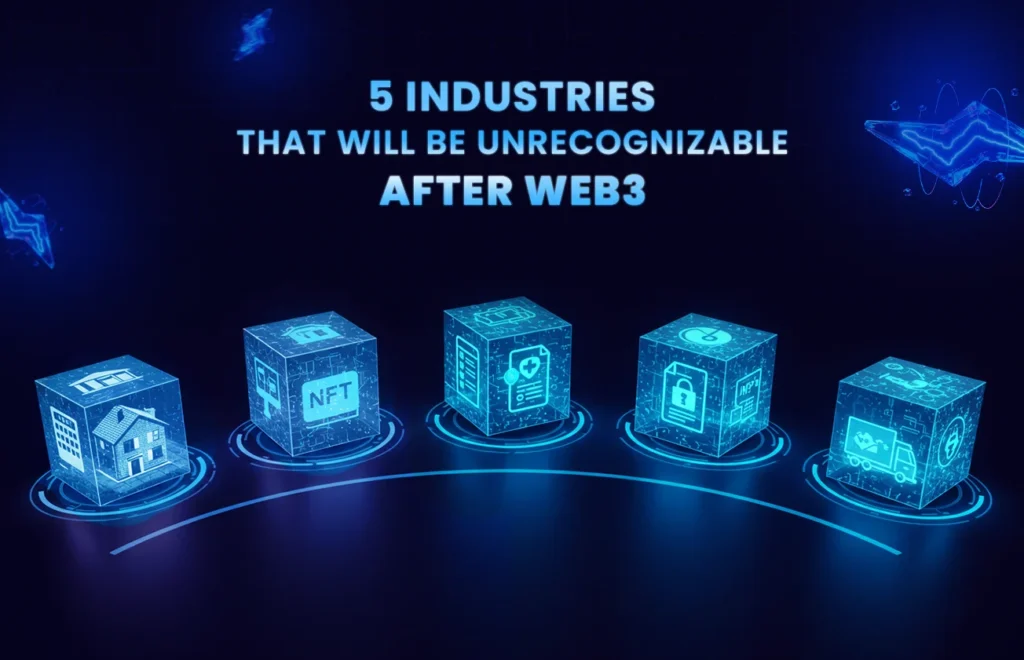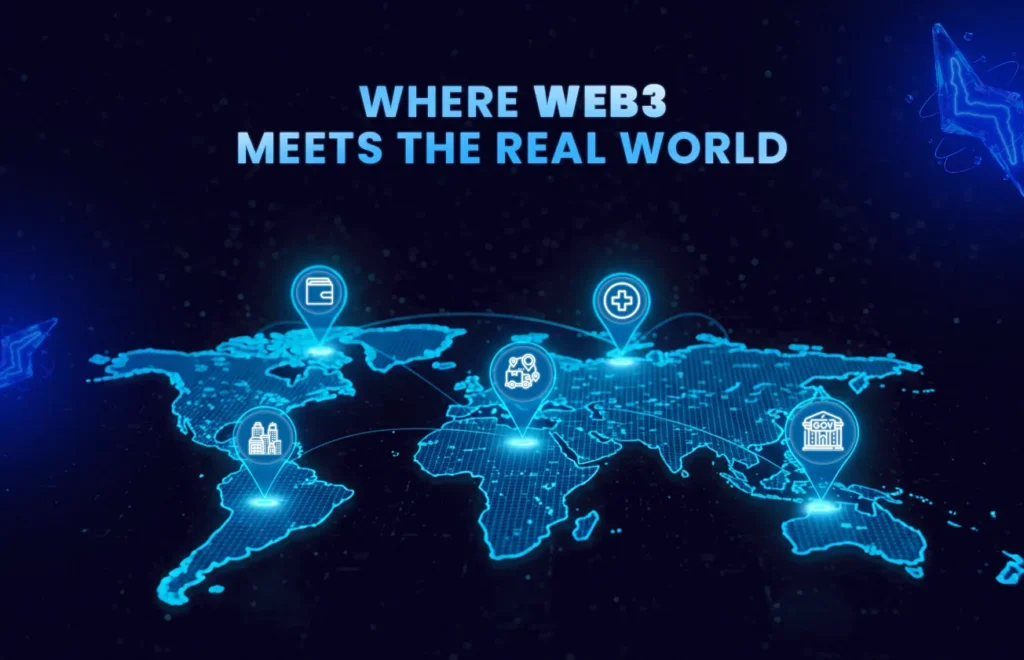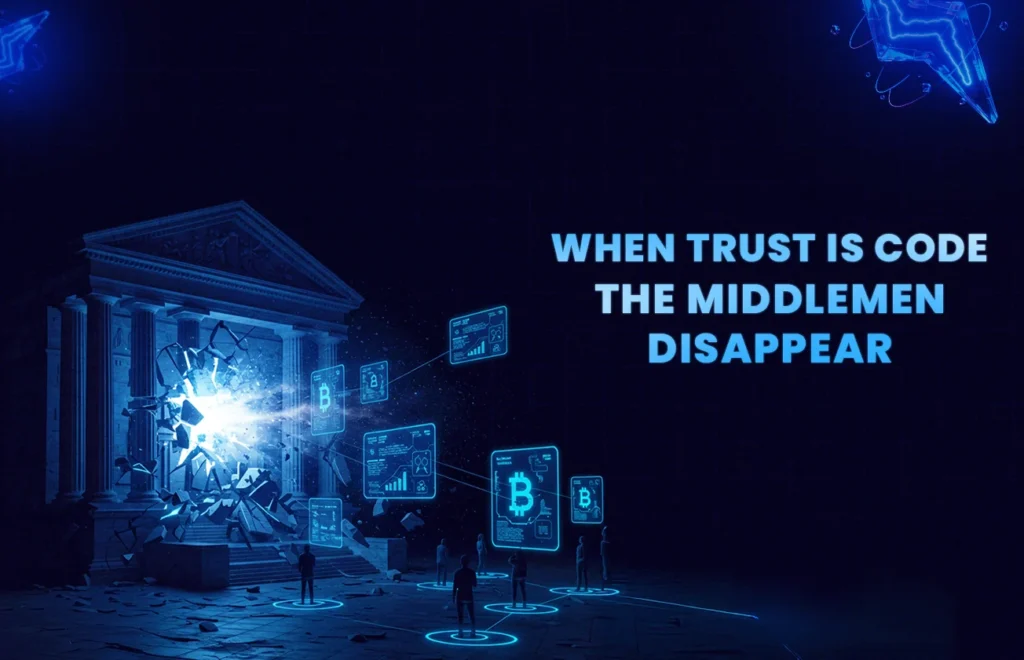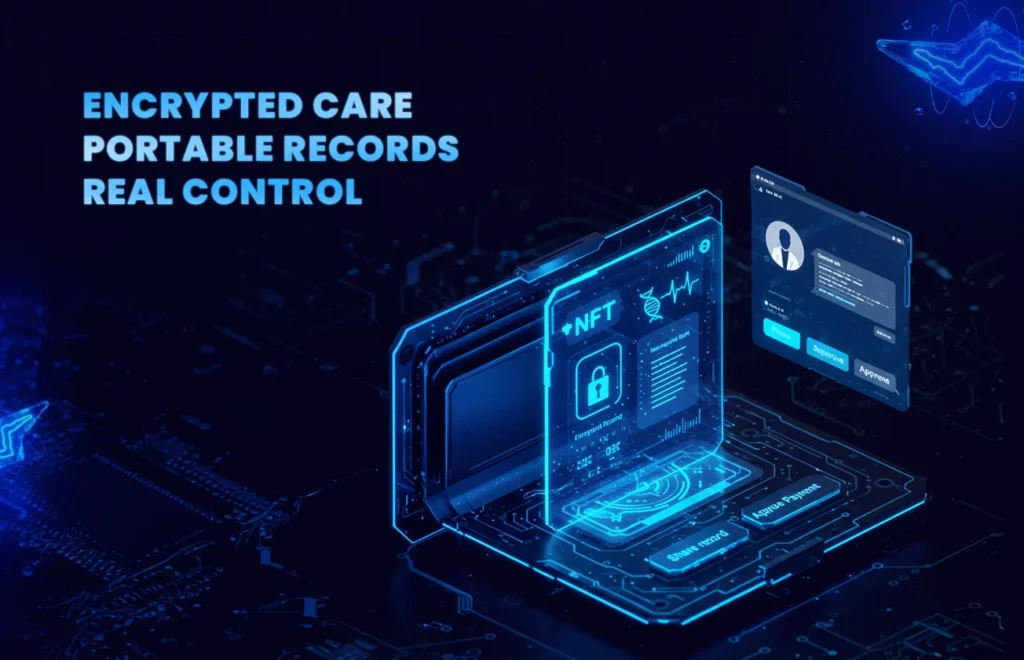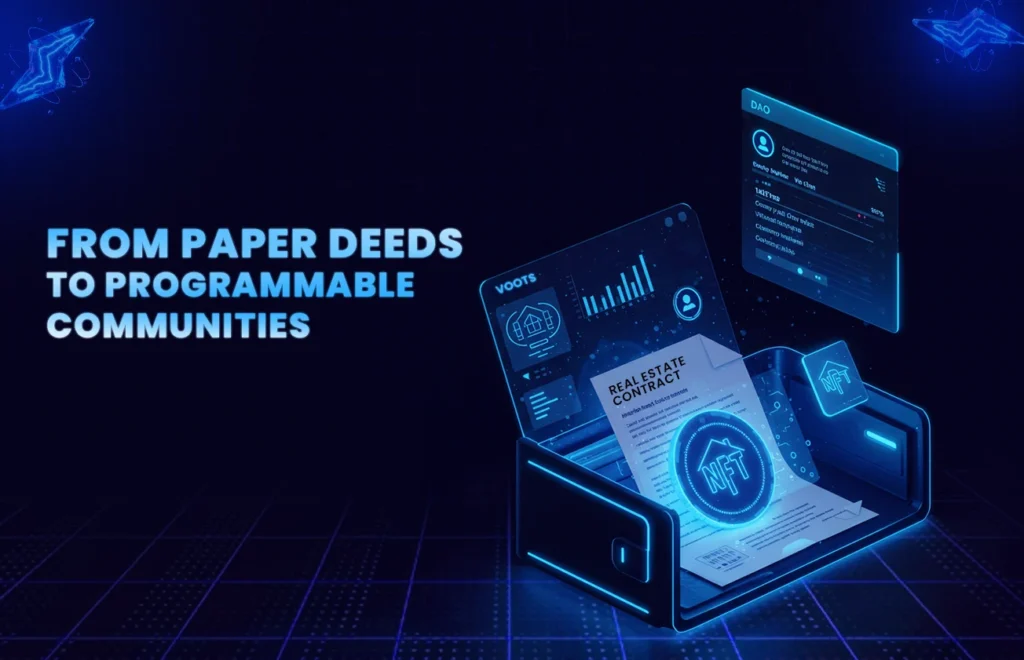Forget the buzzwords. Forget the hype.
Web3 is no longer something happening “on the side” of the internet. It’s quietly restructuring entire industries — from how we move money, to how we own property, to how we govern.
This shift isn’t just about decentralization.
It’s about redesigning the very systems we’ve relied on for decades: finance, healthcare, real estate, logistics, and governance.
And while most companies are still optimizing for speed or scale, the future is already being rebuilt on different foundations — ones powered by smart contracts, decentralized identity, and user-owned networks.

